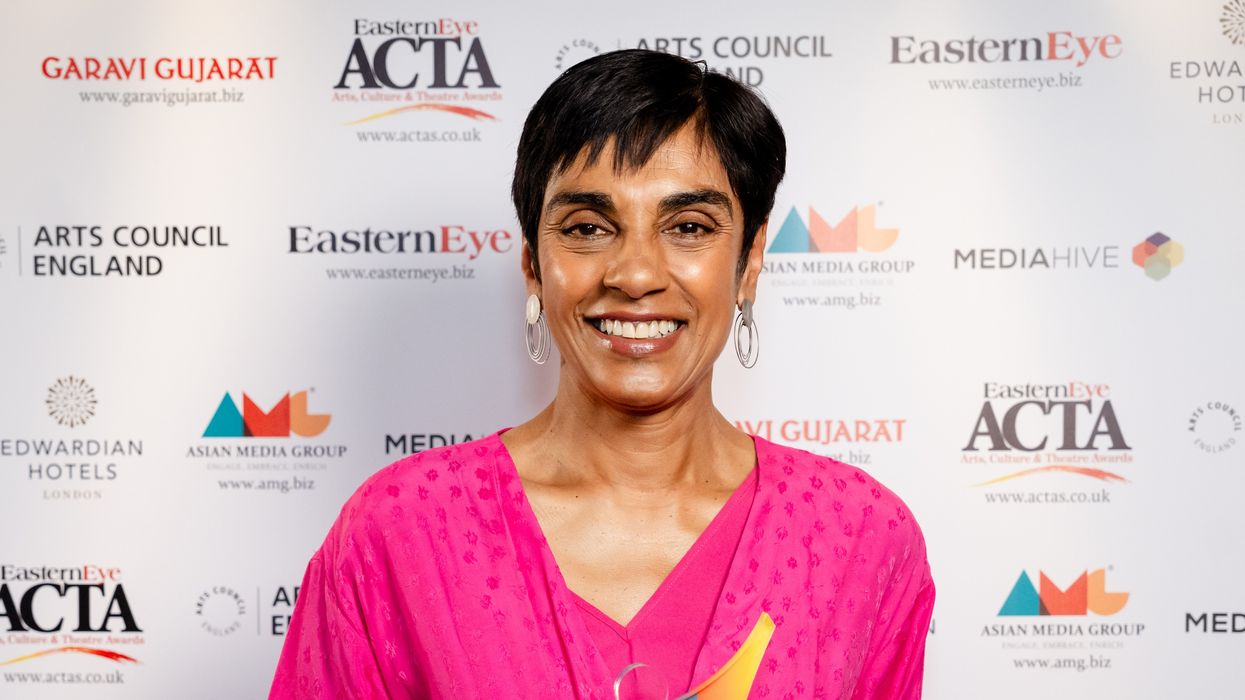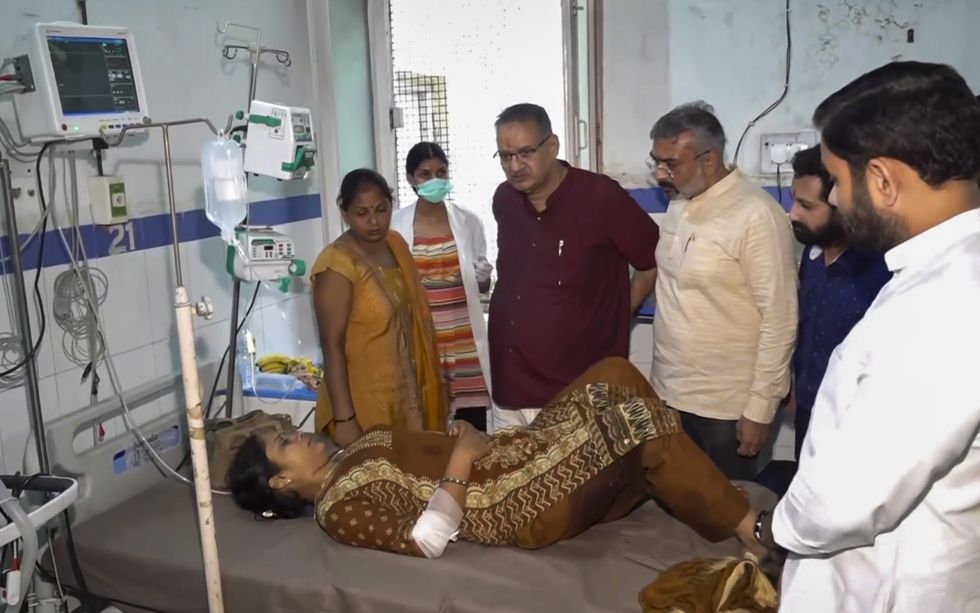INDIA's main opposition party, the Congress, has said that corruption charges filed against its senior leaders are politically motivated.
The federal Enforcement Directorate (ED) has charged party leader Rahul Gandhi and his mother Sonia Gandhi in a case that dates back several years.
The case was originally initiated by Subramanian Swamy, a member of prime minister Narendra Modi's Bharatiya Janata Party (BJP).
Both Gandhis have denied the allegations and have accused the BJP of misusing government agencies against political opponents.
Congress MP Abhishek Singhvi called the case "nothing but vendetta in legal disguise" and accused the government of using the Enforcement Directorate to selectively target the opposition.
"Selective justice is nothing but political thuggery," Singhvi said.
The complaint, first filed in 2001 by BJP member Swamy, alleged that the Gandhis and others had tried to take control of assets belonging to a now-defunct newspaper.
Swamy claimed the properties were worth $332 million (approximately £249 million) and were acquired using fraudulent documents.
Congress leader Jairam Ramesh described the case as "harassment and targeting of rivals".
"We can't be forced to shut up," Ramesh said.
Critics have in recent years accused the BJP of using legal and investigative agencies to pursue political opponents.
Several opposition leaders are currently under investigation.
BJP lawmaker Ravi Shankar Prasad said that the judiciary in India is independent and that investigative agencies are free to operate.
"They (the opposition) have the right to protest -- but what are they protesting about?" Prasad said. "There is no licence to loot in this country," he added.
Rahul Gandhi also faces multiple defamation cases and was expelled from parliament in 2023 after a conviction.
He returned later that year after the Supreme Court suspended his two-year sentence.
Gandhi is the son, grandson, and great-grandson of former Indian prime ministers, starting with Jawaharlal Nehru.
His Congress party has not been able to defeat Modi’s BJP in the last three general elections.
(With inputs from AFP)


















 Uttarakhand Minister Ganesh Joshi, in red shirt, meets an injured lady undergoing treatment at a hospital after a stampede broke out at Mansa Devi temple, in Haridwar, Uttarakhand, Sunday, July 27, 2025. (PTI Photo)
Uttarakhand Minister Ganesh Joshi, in red shirt, meets an injured lady undergoing treatment at a hospital after a stampede broke out at Mansa Devi temple, in Haridwar, Uttarakhand, Sunday, July 27, 2025. (PTI Photo)